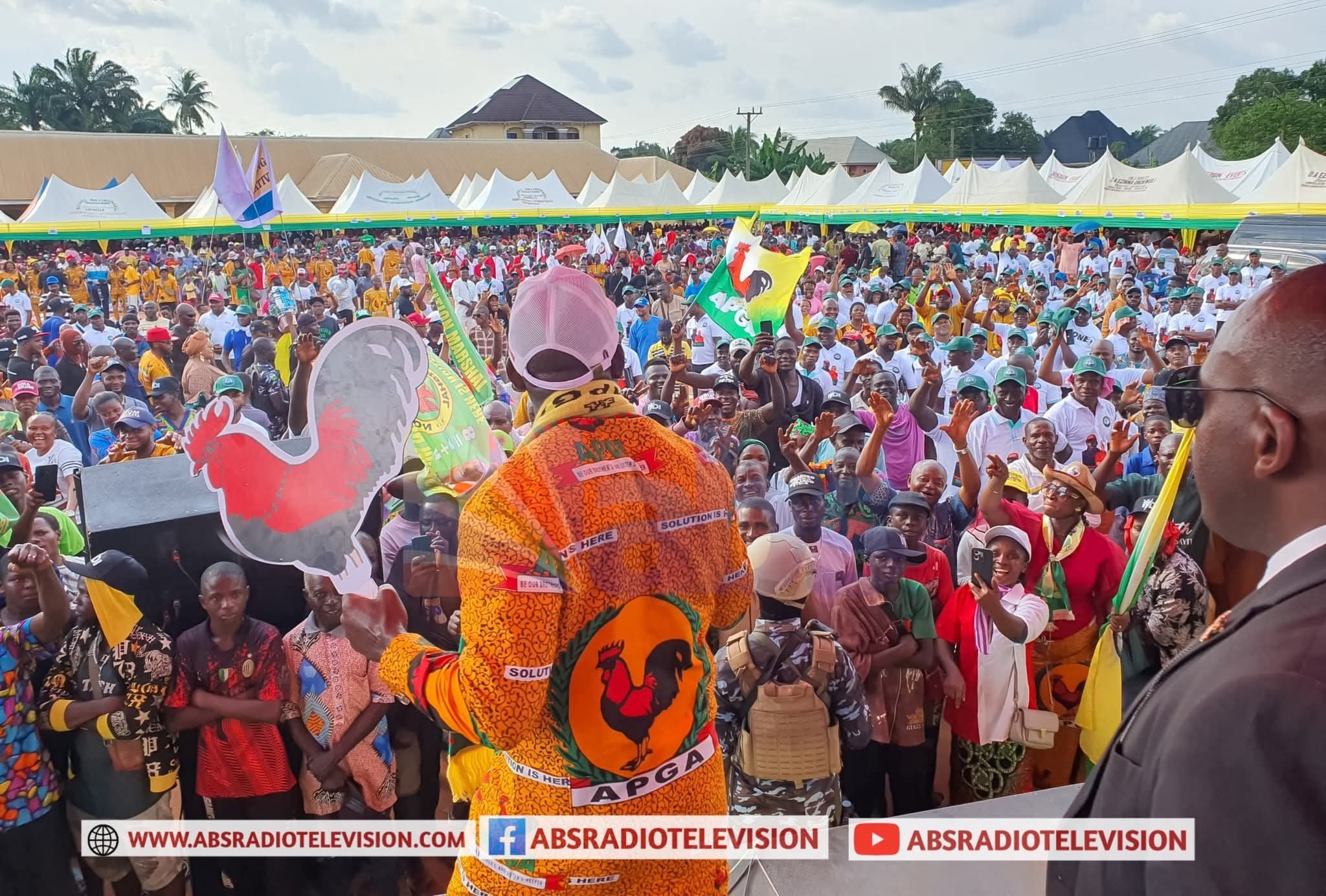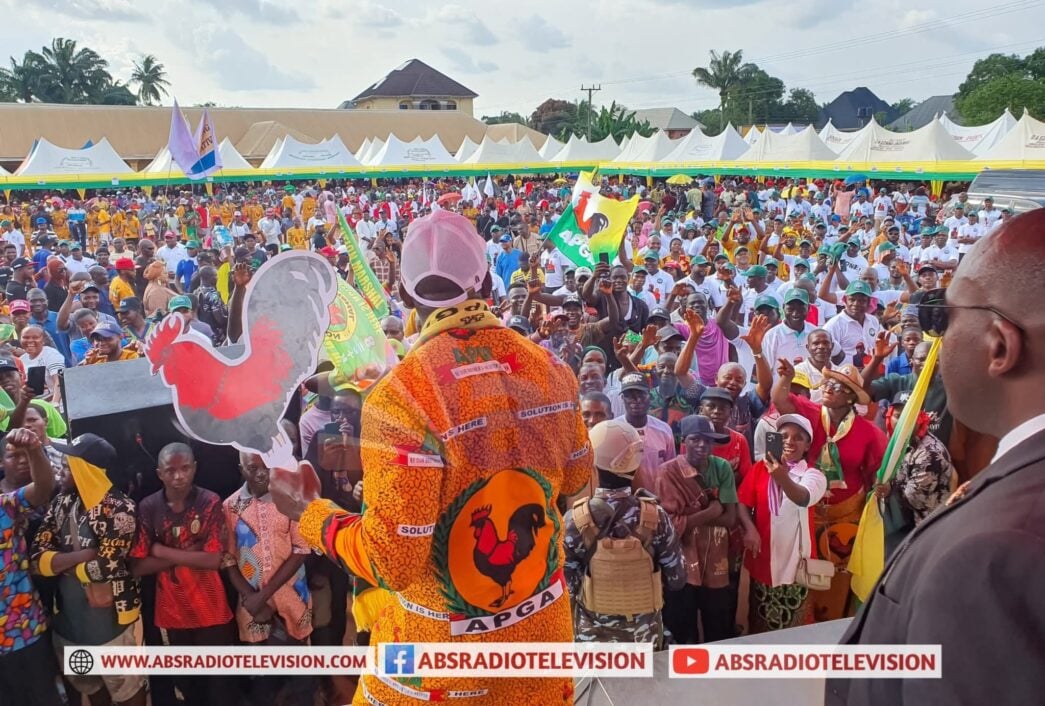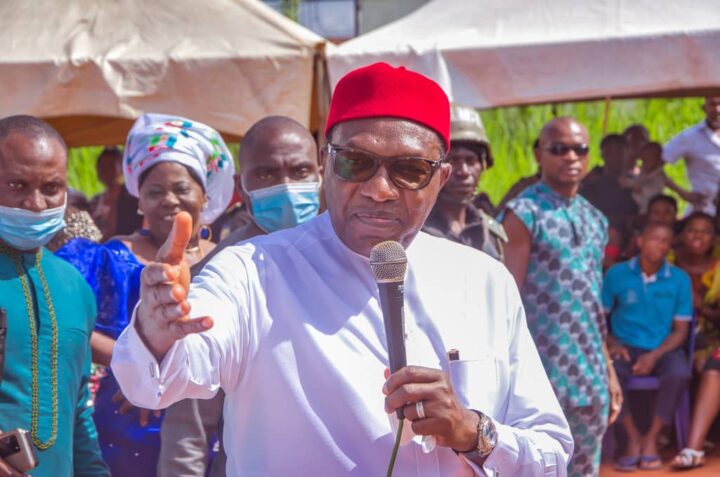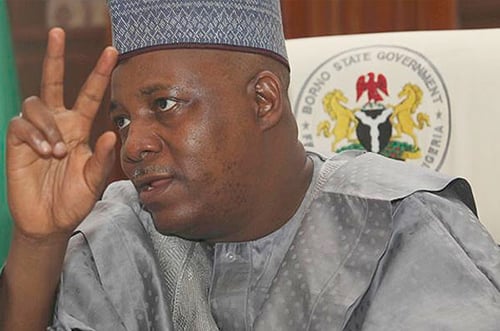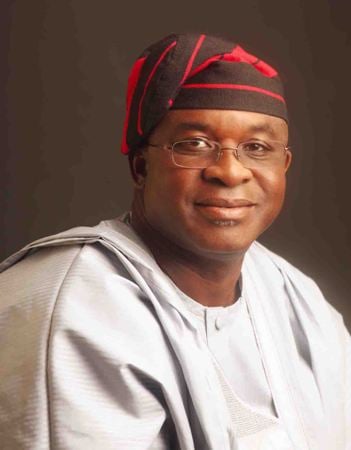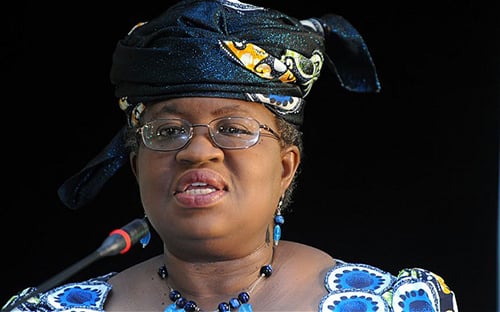Since Nigeria’s return to democracy in 1999, Anambra state has produced five governors — Chinwoke Mbadinuju, Chris Ngige, Peter Obi, Willie Obiano, and the incumbent, Charles Soludo.
Over the years, elections in the state have largely revolved around the rivalry between the Peoples Democratic Party (PDP) and the All Progressives Grand Alliance (APGA), the latter maintaining dominance since 2006.
Each administration has shaped Anambra’s development in different ways, though their tenures were not without controversies linked to corruption, political patronage, and institutional instability.
The story of the APGA in Anambra is one of court victories, electoral surprises, and enduring political strength that has lasted nearly two decades.
Advertisement
It began with Obi’s prolonged legal battle after the disputed 2003 governorship election and continued through the administrations of Obiano and Soludo.
As the state prepares for another governorship poll on November 8, APGA remains the only party to have held power in Anambra continuously since 2006. Here is a chronicle of events that have defined the party in the state over the years.
‘OBI’S COURTROOM VICTORY’
Advertisement
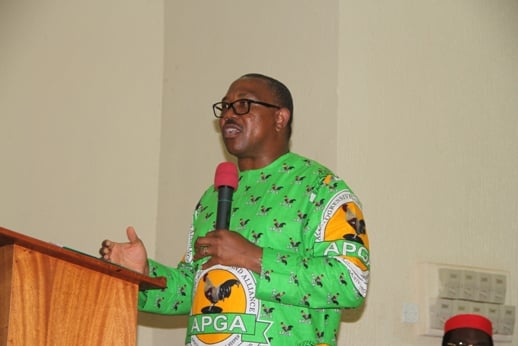
The 2003 Anambra governorship election was among Nigeria’s most contentious of the fourth republic.
The Independent National Electoral Commission (INEC) declared Ngige of the Peoples Democratic Party (PDP) the winner after he polled 452,820 votes against Obi of APGA, his closest challenger.
Obi rejected the result, alleging large-scale irregularities, falsified result sheets, and ballot manipulation in several local government areas. He took the matter before the Anambra State Governorship Election Petition Tribunal, which became the beginning of a protracted legal battle. The case dragged on for nearly three years as the tribunal and subsequent appeal courts reviewed witness testimonies, ballot records, and collation figures.
Ngige’s defence insisted that the results were valid, but Obi’s legal team argued that thousands of votes had been unlawfully credited to the PDP candidate.
Advertisement
In August 2005, the tribunal nullified Ngige’s election, ruling that Obi had indeed won the majority of lawful votes. Ngige appealed the judgement to the court of appeal, which sat in Enugu. On March 15, 2006, the appellate court upheld the tribunal’s verdict, declaring Obi the rightful winner of the 2003 election.
The judgement marked a watershed moment in Nigeria’s electoral jurisprudence. Obi was sworn in on March 17, 2006, nearly three years after the disputed poll. His emergence through judicial victory gave APGA its first major foothold in Nigerian politics.
APGA’S SURVIVAL TEST
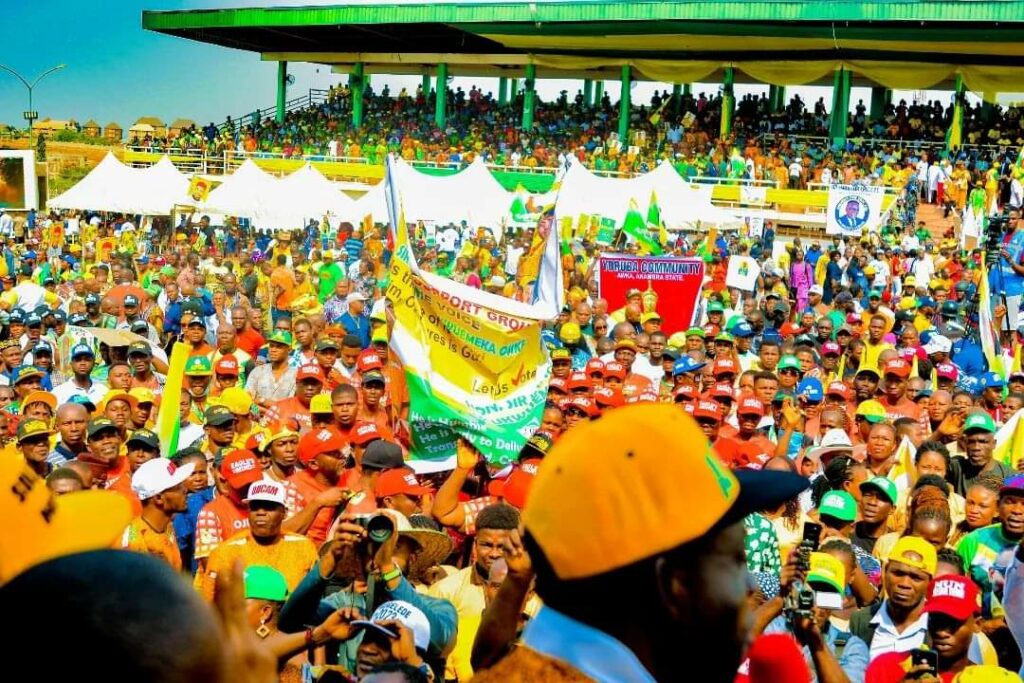
Obi’s assumption of office was followed by turbulence. On November 2, 2006, the Anambra house of assembly impeached him over allegations of misconduct, installing Virginia Etiaba as acting governor.
Advertisement
However, on February 9, 2007, the court of appeal nullified the impeachment and reinstated Obi, describing the assembly’s action as unconstitutional.
Soon after, INEC conducted another governorship election in April 2007, but Obi did not participate, insisting his four-year tenure had just begun in March 2006. Andy Uba of the PDP won that election, but Obi returned to court to challenge it.
Advertisement
In a landmark decision on June 14, 2007, the supreme court ruled in his favour, affirming that his tenure should run until March 2010. That judgement not only restored Obi to power but also changed Nigeria’s legal understanding of gubernatorial tenure calculations.
Obi’s legal triumphs further solidified APGA’s reputation as a party capable of defending its mandate through the courts.
Advertisement
OBI RE-ELECTED, APGA ENTRENCHED
As Obi’s first term neared its end, INEC scheduled the 2010 governorship election for February 6, 2010. He sought re-election on the platform of APGA.
Advertisement
His main challengers were Ngige, running on the platform of the Action Congress of Nigeria (ACN); Andy Uba of the Labour Party (LP); and Charles Soludo of the PDP. Obi won convincingly with 97,833 votes, defeating Ngige, who polled 60,240 votes, and Soludo, who garnered 59,355 votes.
The victory gave APGA back-to-back control of the state and showed that its electoral influence had extended beyond courtroom victories into the ballot box.
This win also demonstrated the consolidation of APGA’s rural support base and the growing public sentiment for continuity and political stability after years of legal and political uncertainty. Obi served until March 17, 2014, handing over to another APGA governor, Obiano.
THE OBIANO EMERGENCE
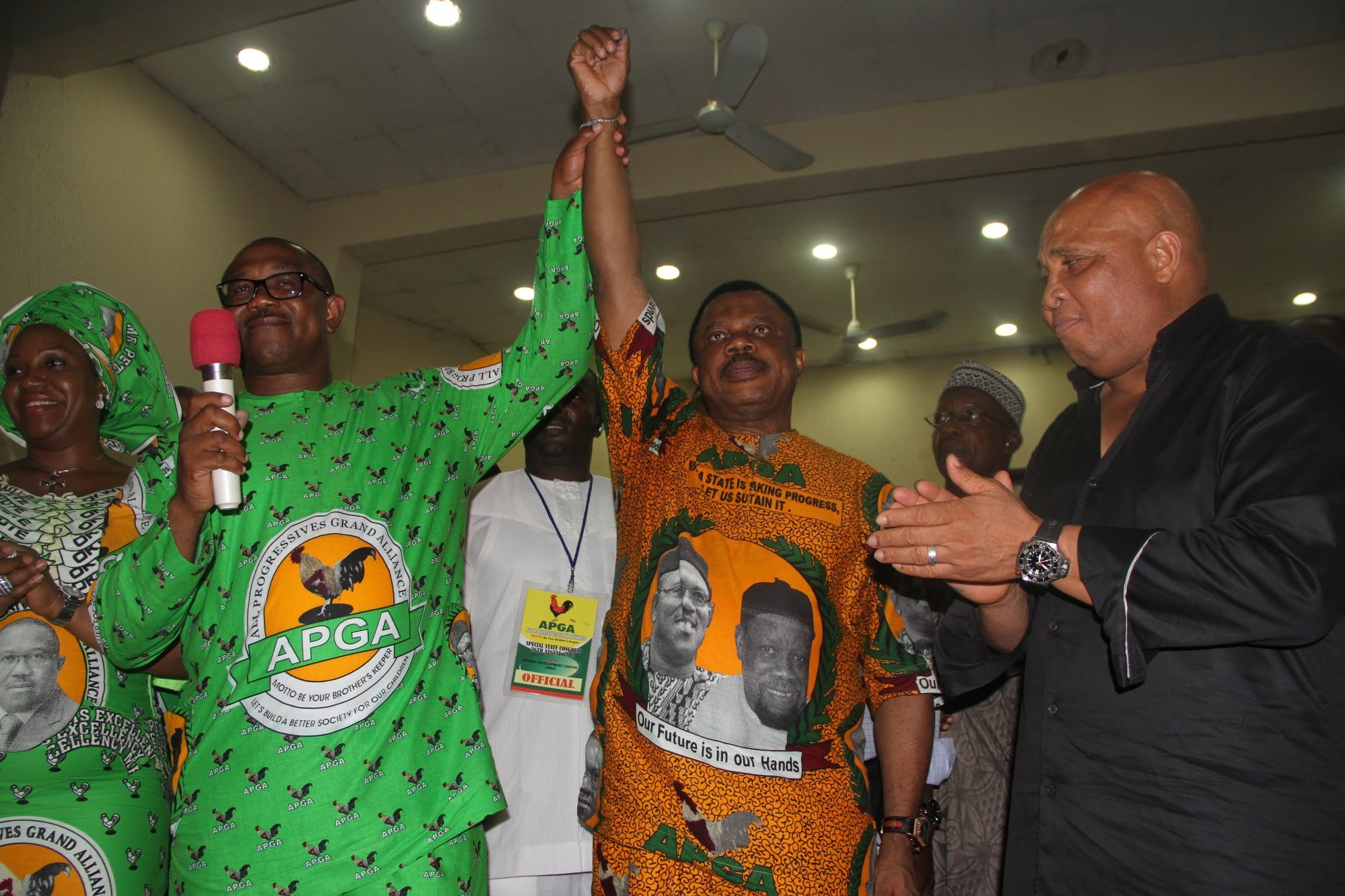
As the 2014 election approached, APGA faced an internal test of succession.
Obi, who had “built” APGA’s structure in the state, was completing his second term and needed a successor to keep the party in power.
After months of deliberation, the party’s primary election, held on August 26, 2013, produced Obiano as its candidate. Obiano, a banker and former executive at Fidelity Bank, was perceived as a continuity candidate with Obi’s backing.
The governorship election took place on November 16, 2013, though voting extended to November 30 in some areas due to logistical delays. According to INEC, Obiano won with 180,178 votes, defeating Tony Nwoye of the PDP, who scored 97,700 votes, and Ngige of the All Progressive Congress (APC), who polled 95,963 votes. The margin of victory reaffirmed APGA’s control of Anambra politics.
INEC declared Obiano the winner, and he was sworn in on March 17, 2014, exactly eight years after Obi’s inauguration. With Obiano’s victory, APGA became the only regional party to sustain control of a state government in Nigeria since 1999.
OBIANO’S LANDSLIDE RE-ELECTION

Four years later, Anambra went to the polls again on November 18, 2017. Obiano sought re-election, this time against Nwoye (APC), Oseloka Obaze (PDP), and Osita Chidoka (United Progressive Party). The election witnessed significant voter turnout and heavy security deployment across the 21 local government areas.
Obiano won by a landslide, polling 234,071 votes. His closest rival, Nwoye, scored 98,752 votes, while Obaze of PDP came third with 70,293 votes.
The result made Obiano the first governor in Anambra to win every local government area in a single election. Election observers praised the poll as relatively peaceful and transparent, marking another milestone in APGA’s dominance.
Obiano’s re-election extended the party’s reign and reinforced its reputation as the unshakable political force in Anambra.
THE SOLUDO TRANSITION: A TECHNOCRAT ENTERS THE RING
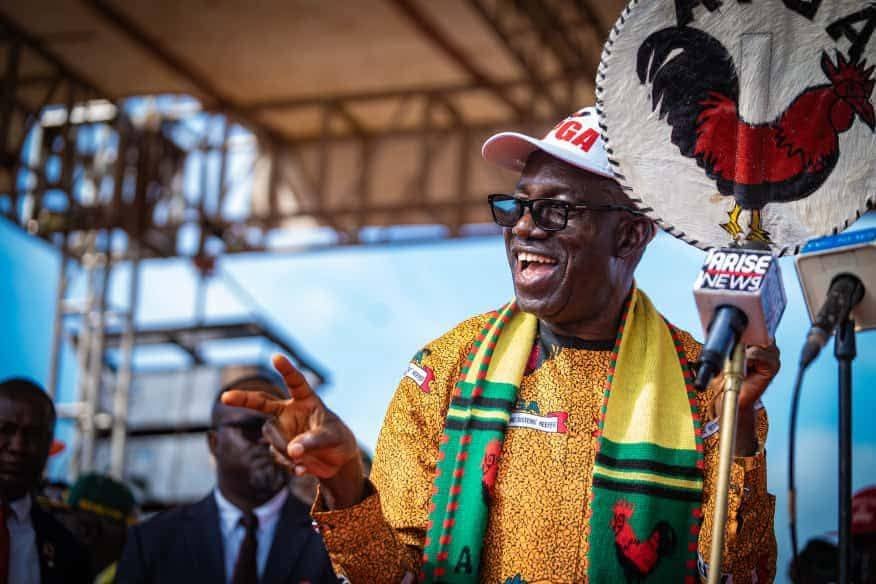
As Obiano’s second term wound down, APGA faced the challenge of producing another credible candidate.
After a competitive primary on June 23, 2021, Chukwuma Soludo, former governor of the Central Bank of Nigeria (CBN), emerged as APGA’s flagbearer. His emergence came after internal disagreements within the party, with some factions questioning the legitimacy of the process.
The governorship election was conducted on November 6, 2021, though voting in some areas was postponed to November 9 due to security disruptions in Ihiala LGA. When the results were declared, Soludo polled 112,229 votes. His closest rival, Valentine Ozigbo of the PDP, scored 53,807 votes, while Uba of the APC finished third with 43,285 votes. The supplementary election in Ihiala confirmed Soludo’s lead. INEC later declared him the winner
Soludo was sworn in on March 17, 2022, symbolically maintaining APGA’s unbroken chain of power in Anambra since 2006. His victory also marked the third consecutive handover within the same political party — a rare occurrence in Nigeria’s multiparty democracy.
APGA’S NEXT TEST AT THE BALLOT
The electoral umpire has fixed November 8 for the next governorship election in Anambra state. Soludo has since secured APGA’s ticket again, emerging unopposed at the party’s primary held in April 2025.
Other major parties — including the PDP, APC, LP, and African Democratic Congress (ADC)— have also nominated candidates, promising a fierce contest.
Political analysts view the forthcoming election as a referendum on APGA’s two-decade dominance. For many voters, the question is whether the party’s legacy of continuity and regional identity will outweigh the growing calls for political change.
LEGACY OF DOMINANCE: THE APGA PHENOMENON
APGA’s political journey in Anambra stands as a study in persistence, strategy, and regional loyalty. It has survived litigation, impeachment crises, internal factionalism, and opposition coalitions, yet has never lost the governorship since 2006.
From Obi’s courtroom triumph in 2006 to Soludo’s electoral win in 2021, every phase of the party’s history reflects a mix of resilience and reinvention. The party’s dominance demonstrates how a strong regional identity — symbolised by its slogan “Nke a bu nke anyi” (This is ours) — can translate into long-term political relevance.
As Anambra prepares for the 2025 governorship election, APGA’s future will depend on whether it can sustain internal unity, respond to new economic and political challenges, and convince voters that it still represents their collective interest.
On Saturday, Soludo will face George Moghalu of the LP, Nicholas Ukachukwu of the APC, and 14 others seeking his position in the state governorship election.
From the tribunal battles that produced Peter Obi in 2006 to the ballot victories of Willie Obiano in 2013 and 2017 and the technocratic ascent of Soludo in 2021, APGA’s dominance in Anambra remains unmatched. Nearly twenty years later, the party stands as one of Nigeria’s most enduring political brands — regional in scope, yet national in influence.
Whether it can extend its winning streak beyond November 2025 will once again depend on its ability to blend grassroots appeal, legal preparedness, and electoral strategy — the very formula that built its legacy.
